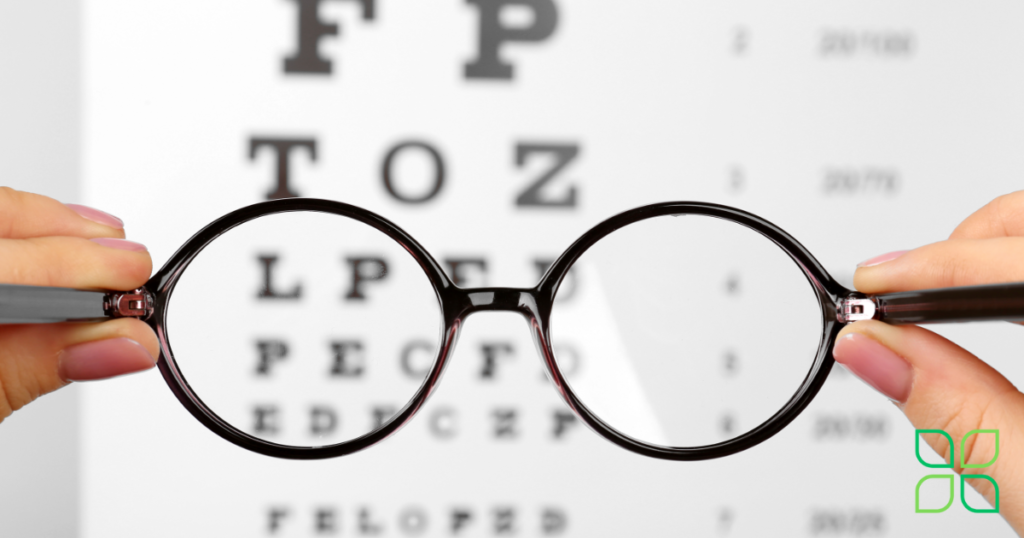The Role of Carotenoids in Eye Health: A Comprehensive Guide

In today’s digital age, eye health has become a significant concern due to increased screen time and exposure to harmful blue light. As we strive to protect our vision, understanding the impact of carotenoids on eye health is essential. Carotenoids, naturally occurring pigments found in plants, play a crucial role in maintaining and improving eye health.
What Are Carotenoids?
Carotenoids are a class of over 600 naturally occurring pigments synthesized by plants, algae, and photosynthetic bacteria. These pigments are responsible for the vibrant red, orange, and yellow colors of many fruits and vegetables. Among the most studied carotenoids for eye health are lutein and zeaxanthin.

How Do Carotenoids Benefit Eye Health?
Carotenoids have several mechanisms through which they contribute to eye health:
1. Protection Against Blue Light
Carotenoids, particularly lutein and zeaxanthin, are concentrated in the macula, a small area of the retina responsible for central vision. These pigments absorb excess blue light from screens and sunlight, acting as a natural blue light filter. This protection reduces the risk of light-induced oxidative damage, which is crucial in preventing macular degeneration.
2. Antioxidant Properties
Carotenoids have powerful antioxidant properties that help neutralize free radicals in the eyes. Free radicals can cause oxidative stress, leading to cell damage and contributing to the development of age-related eye diseases such as cataracts and macular degeneration. By reducing oxidative stress, carotenoids help maintain healthy eye tissues.
3. Improved Visual Function

Studies have shown that a diet rich in carotenoids can improve visual performance, enhance contrast sensitivity, and reduce glare disability. Improved visual function is particularly beneficial for those with age-related macular degeneration or other visual impairments.
Research and Statistics
According to a study published in the American Journal of Epidemiology, individuals with high dietary intake of lutein and zeaxanthin had a 35% reduced risk of age-related macular degeneration. Another study from the Journal of the American Medical Association indicated that higher levels of these carotenoids in the blood are associated with a decreased prevalence of nuclear cataract.
Best Sources of Carotenoids
Incorporating carotenoid-rich foods into your diet is an effective way to boost eye health. Here are some of the best sources:
Leafy Greens
Spinach, kale, and collard greens are excellent sources of lutein and zeaxanthin. These leafy greens can be added to salads, smoothies, or cooked dishes.
Colorful Vegetables
Carrots, sweet potatoes, and bell peppers are rich in beta-carotene, which the body can convert into vitamin A, essential for good vision.

Egg Yolks
Egg yolks contain lutein and zeaxanthin in a highly bioavailable form, meaning they are easily absorbed by the body.
Fruits
Oranges, grapes, and kiwis not only provide carotenoids but also offer vitamin C, another antioxidant beneficial for eye health.
Actionable Tips for Enhancing Eye Health
To optimize your eye health through carotenoids, consider the following tips:
1. Eat a Balanced Diet
Include a variety of fruits and vegetables in your meals to ensure adequate intake of different carotenoids. Aim for at least five servings of fruits and vegetables daily.
2. Consider Supplements
If you struggle to get enough carotenoids from your diet, consider supplements. Consult with a healthcare provider before starting any new supplement regimen. HERE is the best multi-carotenoid product that we could find.

3. Limit Screen Time
Reduce exposure to screens by taking regular breaks and using blue light filters on devices. This practice helps minimize the strain on your eyes.
4. Regular Eye Check-Ups
Schedule regular eye examinations to monitor your eye health and catch any issues early. Early detection can prevent significant vision problems later in life.
Conclusion

Carotenoids are vital for maintaining optimal eye health. By understanding their benefits and incorporating carotenoid-rich foods into your diet, you can protect your eyes from age-related diseases and improve overall visual function. As we spend more time in front of screens, prioritizing eye health through diet and lifestyle changes becomes increasingly important. Embrace a balanced diet, consider supplements when necessary, and stay informed about the latest research to keep your eyes healthy and strong.
By following these guidelines, you can help ensure that your eyes remain healthy and functional for years to come.
